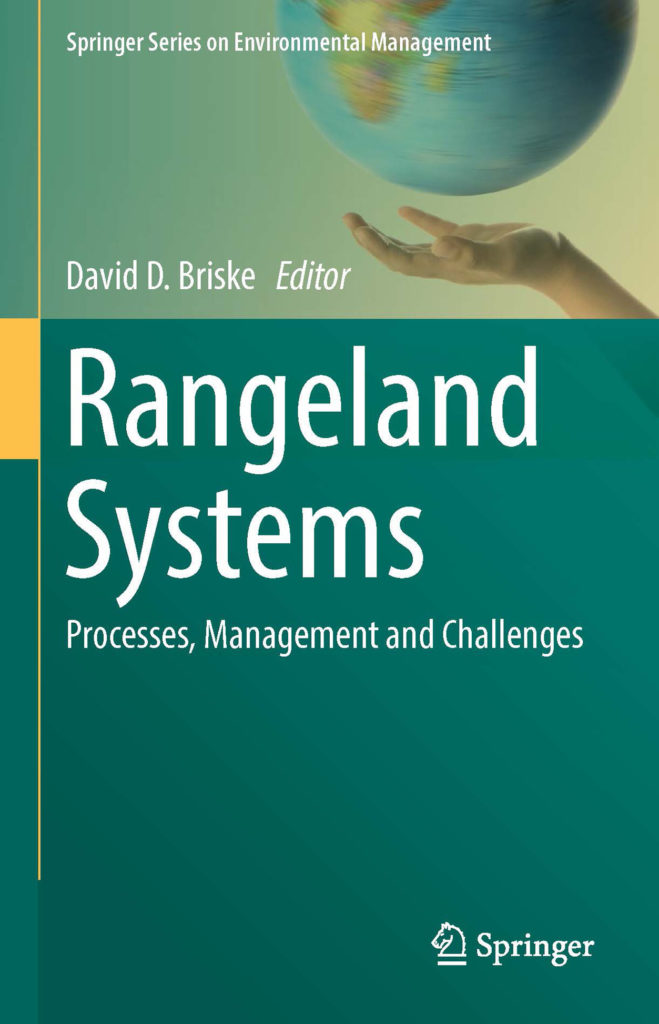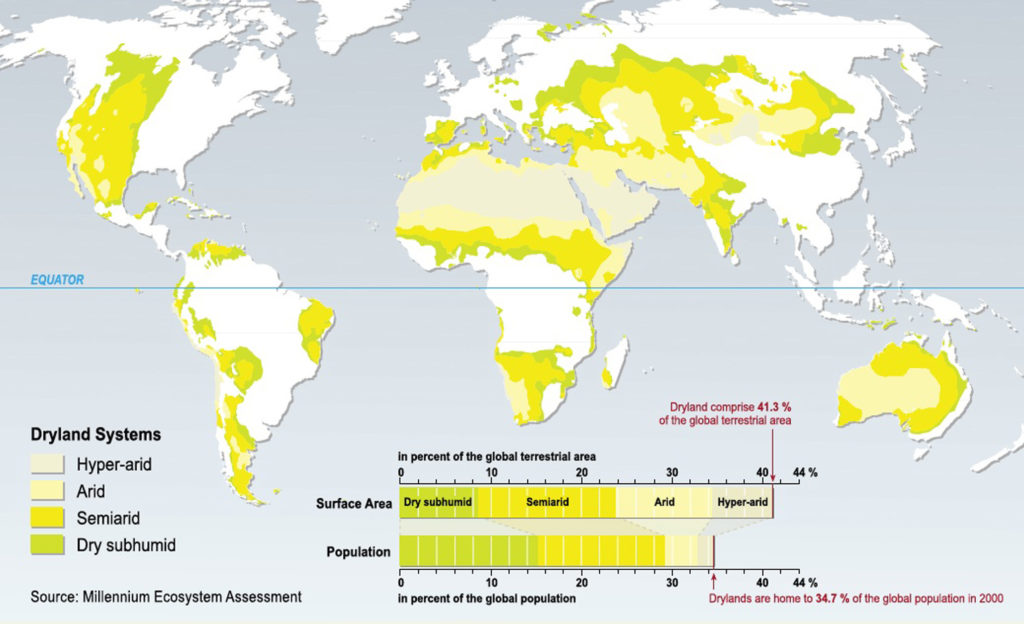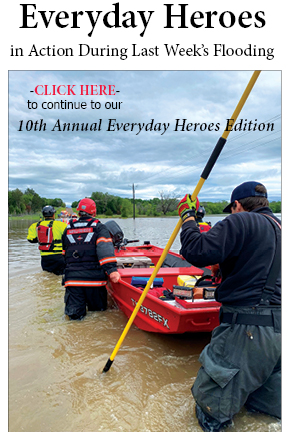By: Kay Ledbetter
Texas A&M author: ‘Unprecedented compilation’ of knowledge
“Rangeland Systems – Processes, Management and Challenges,” an unprecedented compilation of ecological and management knowledge regarding global rangelands has been released, according to the Texas A&M professor and the book’s editor.

New compilation of ecological and management knowledge regarding global rangelands has been released in a book edited by Dr. David Briske. (Courtesy photo)
Dr. David Briske, T.M. O’Connor Professor in the Texas A&M University department of ecosystem science and management in College Station, said the book represents a major work involving the collective experience, knowledge and commitment of 80 authors in 15 countries who work in rangelands throughout the world.
The book has been published in the Environmental Management series by Springer Publishing Company. The electronic version can be found or a hardcover purchased at http://bit.ly/2mcHYhA.
Briske earned a bachelor’s in botany from North Dakota State University and a doctorate from Colorado State University. His scholarship and pedagogy emphasize the ecological function and management strategies of global rangelands.
He has served as editor of the book “Conservation Benefits of Rangeland Practices” and the journal “Rangeland Ecology and Management.”
“Originally, we had discussed updating ‘Grazing Management: An Ecological Perspective,’ a book first published in 1991,” he said. “However, it became apparent that rangeland science had advanced so rapidly in the 25 years since that book had been published, its scope was no longer sufficient to accommodate the newly created knowledge.”
Consequently, he said, the authors decided a new book with an expanded scope and greater relevance to contemporary rangeland challenges was required.
Briske said the new book also assesses why these major advances occurred so rapidly following a half century of limited conceptual change.

Global drylands are dominated by rangeland systems that occupy 40 percent of the Earth’s land area and support 50 percent of the global livestock and approximately 2 billion humans. (Courtesy photo)
“Major advances have primarily been represented by scientific contributions such as non-equilibrium ecology and resilience theory, but sociopolitical events, including new policy and increasing societal demand for rangeland services, have also been important,” he said.
The book emphasizes three major themes, Briske said. The first summarizes recent conceptual advances for rangeland science and management. The second addresses the implications of these conceptual advances with respect to management recommendations and policy decisions. The third evaluates some of the major challenges confronting global rangelands in the 21st century.
“This book is intended to compliment applied range management textbooks by evaluating the conceptual foundation of the profession and recommending changes to promote future development and greater effectiveness,” Briske said. “It is written in a style intended for a broad audience, including ecosystem managers, educators, scientists and policy makers.”
Collectively, the authors indicate a more comprehensive framework is necessary to address the complex challenges confronting global rangelands in the 21st century. Rangelands represent integrated social-ecological systems, in which societal values, organizations and capacities are of equal importance to those of ecological processes.
“It is our assessment that a more comprehensive framework of rangeland systems may enable management agencies, and educational, research and policy-making organizations to more effectively assess complex problems and develop appropriate solutions,” Briske said.




